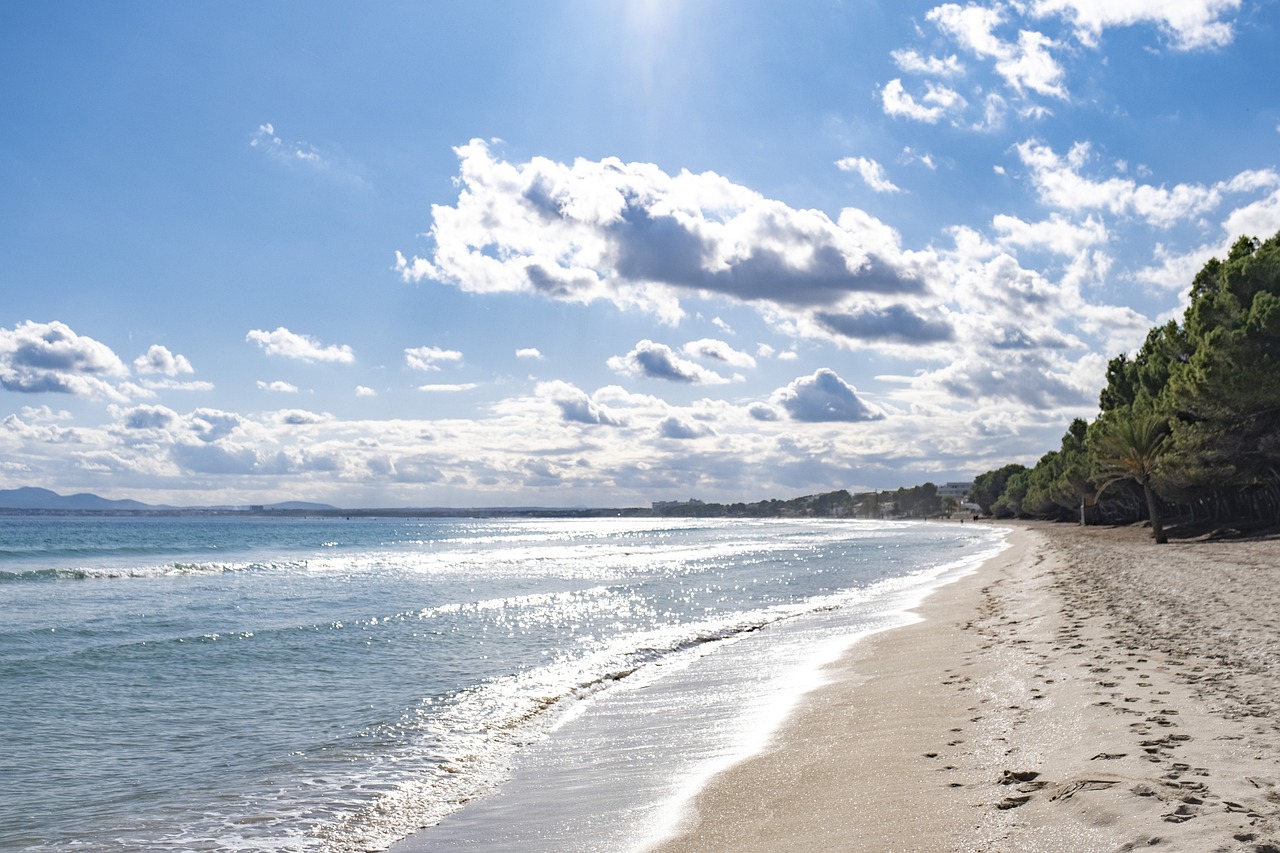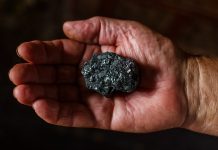
Local authorities received flak after spraying bleach on a Spanish beach in an attempt to protect children from the coronavirus pandemic.
Officials of Zahara de los Atunes, near Cadiz, Spain, used tractors to spray more than two kilometers of beach with a bleach solution to protect children from the coronavirus a day before it allowed them out of lockdown for the first time.
Environmentalists argued that the bleach spraying caused "brutal damage" to the local ecosystem. Greenpeace Spain tweeted about the incident.
Coronavirus pandemic in Spain
The country has recorded more than 24,00 deaths and over 200,000 confirmed cases of COVID-19. Around 100,000 people have recovered from the illness.
The Spanish government recently announced a four-phase plan to lift its strict lockdown measures and return to a "new normality" by the end of June this year.
Two weeks ago, the national government decided to lift some of its coronavirus lockdown measures but opposition parties warned the public about an "imprudent" loosening of the rules.
Loosening the coronavirus lockdown measures in Spain means its construction and factory workers will return to work. The administration has allowed some factories to operate again, and construction work has been permitted to resume.
However, government officials emphasize that the country should continue to act in lockdown mode. The closure of bars, schools, restaurants and other services is still in effect. The rest of the public are expected to stay at home.
Prime Minister Pedro Sanchez said: "We must start the de-escalation in political tension now and give way to unity, dialogue, consensus and agreement as soon as possible. We need a great pact for the economic and social reconstruction of our country."
Bleaching incident
According to María Dolores Iglesias, who heads an environmental volunteer group in the Cadiz region, she went to the beach at Zahara de los Atunes and saw the damage for herself.
Iglesias said that the bleach "killed everything on the ground, nothing is seen, not even insects".
The area of the beach and its dunes are protected breeding and nesting grounds for migratory birds. She claimed that she had seen at least one nest with eggs destroyed by the tractors.
Iglesias explained: "Bleach is used as a very powerful disinfectant, it is logical that it be used to disinfect streets and asphalt, but here the damage has been brutal."
"They have devastated the dune spaces and gone against all the rules. It has been an aberration what they have done, also taking into account that the virus lives in people not on the beach. It is crazy," she added.
Iglesias mentioned that the lockdown in the country has helped the beach wildlife thrive.
She pointed out: "The beach has its own way of cleaning itself, it was not necessary. They do not think that this is a living ecosystem, but a lot of land."
Meanwhile, local official Agustín Conejo admitted that using the tractors and bleaching the beach was "a wrong move".
Cornejo argued: "I admit that it was a mistake, it was done with the best intention." He explained that the local authorities only wanted to protect children who were coming to the beach after six weeks in confinement.
It has been reported that the Andalusian regional government is thinking of imposing a fine on the local authority for the move.






